Malaysia’s grand ol’ party Umno is arguably facing one of the most serious electoral challenges of its lifetime, coming after its worst defeat in GE15.
The party currently holds 41 seats in the six states holding polls, with the overwhelming majority of these under threat of potential loss.
Last night, it announced 108 candidates/seats. The state polls will be critical for the party’s future; they will determine whether Umno is still a national party or relegated to being a secondary regional one.
Some go even as far as to predict a “wipeout” for the party, given the seriousness of the electoral challenges it faces.
In this fifth piece for Malaysiakini, I look at Umno’s electoral challenges, drawing from fieldwork, statistical analysis of voting patterns, and an initial review of the candidates slated to date.
My findings confirm that the party is in serious electoral trouble at this stage of the campaign. I note, however, that the party is fighting hard, having started its campaign early - especially in places like Terengganu - and still has a fighting chance in many seats.
Unlike previous polls, however, Umno enters the state polls as the most vulnerable party to potential seat loss.
Ongoing internal battle
The main struggle the party continues to face is inside the party.
First, the party is wrestling with an unpopular leader, Ahmad Zahid Hamidi. The party president remains a lightning rod for dissatisfaction, especially among the party’s rank-and-file. Some on the ground would rather he not visit a constituency than go down to campaign.
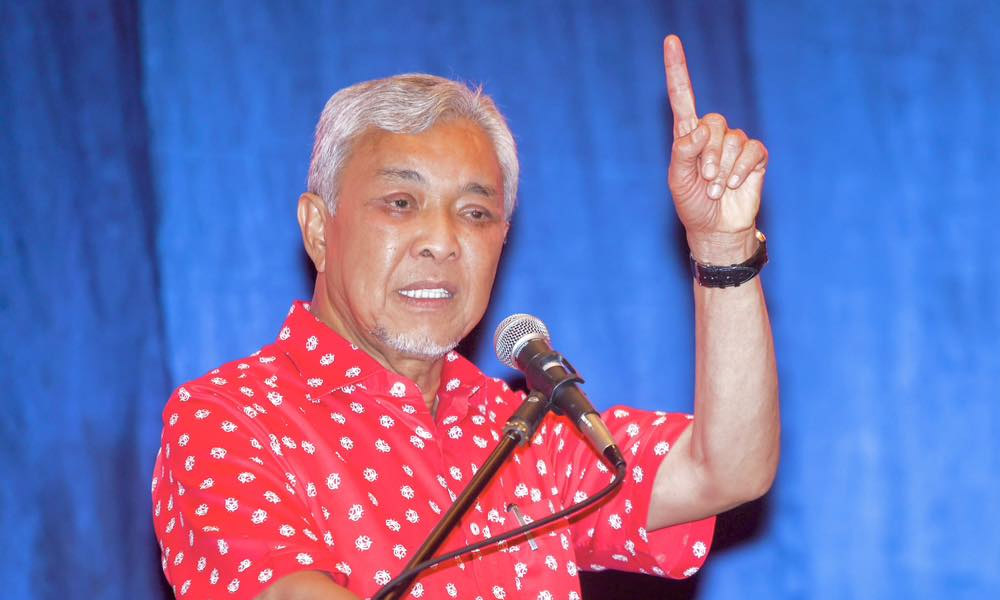
Second, while the protest against Zahid’s leadership has largely ended at the leadership level - with the February purge of critics and the president controlling the majority of divisions and the supreme council after the March party elections - there continues to be an erosion of support from ex-senior and junior leaders in the party.
They are leaving for Bersatu, whose party machinery in these coming polls is reliant on ex-Umno leaders. The effect is a weakening of Umno machinery in many localities.
Third, with the exception of a few warlords who were sacked from the party, the mini-warlords or locality “fighters” at the divisional level are holding on to positions.
With fewer winnable seats and contracting access to power, the fight to contest is being dominated by those holding onto these positions and those allied to the national leadership. There has been little space for new leaders to rise for the party to engage in a renewal.
More broadly, Umno continues to face a leadership crisis, with many of its leaders either rooted local figures lacking stature for national/state leadership or those heavily dependent on national patronage and patrons for standing.
Many (not all) lack legitimacy based on their own performance. Those that have this stature are being overshadowed by others and practices in the party that do not allow them to rise.
What is happening is that Umno is still controlled by older leaders unwilling to let go of power and the promise of patronage. A dynamic inside the party is one in which local warlords are fighting to stay on, largely for themselves, at the expense of the party being able to renew and rebrand itself.
For core party supporters, especially among those above 30, there is clear discomfort with the party compared to the past. They are torn between love for the party and dissatisfaction with its current leadership, including leadership at the local levels.
For younger voters, they are increasingly looking away from Umno altogether.
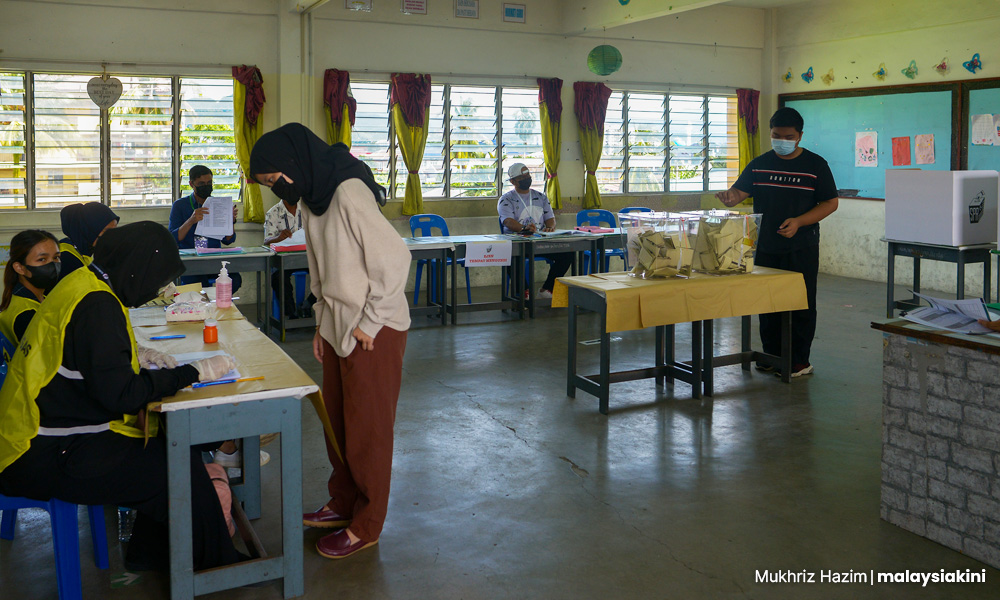
With the party president lacking the same stature as previous party presidents and with Umno not being the dominant party in government, there is less capacity to offset the infighting inside the party, an issue that played out in candidate selection.
Search for support
The party’s struggle is not just internal. It is with the electorate. Many of its voters who gave their “heart and soul” to the party through election after election are looking for the heart and soul of the party, for what the party now stands for.
For many in the Malay heartland, it is not clear how today’s Umno can help their traditional supporters with the struggles they are facing.
Umno is still trying to find its way after GE15. The party’s recent annual general meeting (AGM) in June was aimed at tactically appealing to the party base, to engage core supporters through calls for a pardon for Najib.
This issue went down well among some of the party’s core, but is not salient among many looking for the party to strengthen, to bring back voters to have exited, and to win over new support.
Ironically, the effect of this let-Najib-out narrative was to narrow support for the party electorally with regard to the public as a whole.
At the same time, the AGM’s attention on its relationship with DAP, reflecting unease among its core supporters in the new alliance, has served to undercut itself with its core supporters as Umno remains in the unity government. Some in the party’s traditional ground have yet to accept this new cooperation.
The AGM lacked a clear direction for the party post-GE15. It was not helped by younger party leaders following old practices focusing on organising a protest against a (not-funny) comedian rather than offering new programmes or policies that help rebrand the party, especially among the young.
It’s clear Umno wrestles with being in the number-two position in government and allied with new partners. The unease is less at the elite level than in the party’s rank and file.
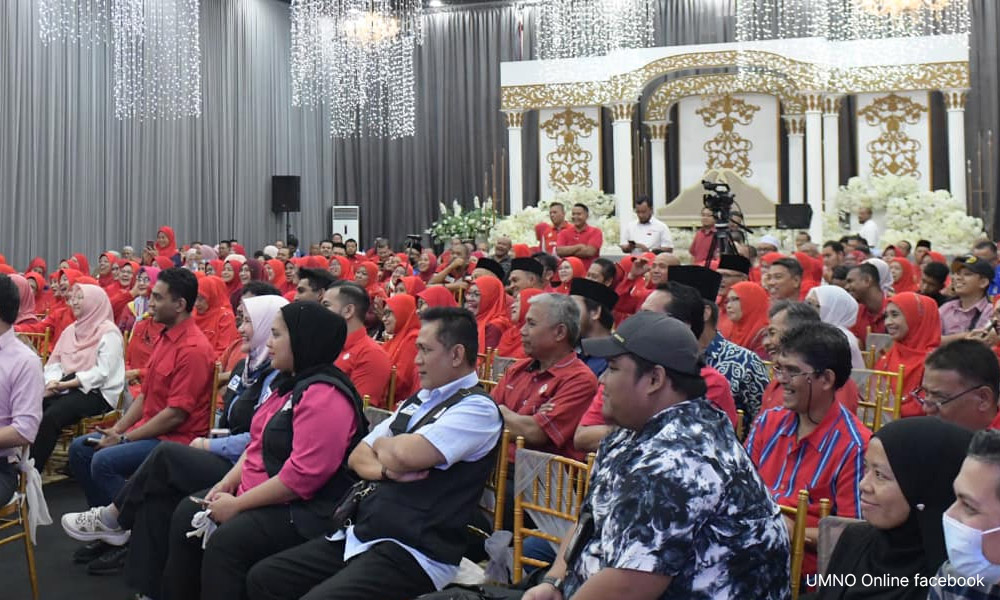
It should be noted that although uneven among themselves, Umno’s performance in Anwar’s cabinet by its six ministers has generally been among the strongest. They are experienced in running ministries and working collaboratively. They are getting results.
For example, Azalina Othman Said’s push for institutional reforms and instruction of new laws on stalking and decriminalising suicide has had the most reform traction.
Yet, there is still the shadow of corruption on the party leader whose legal cases appear in limbo. This casts a shadow on the entire party and its ability to move forward.
Tough electoral battle ahead
Umno is arguably the party that faces the most possible electoral attrition in the coming state polls.
Perikatan Nasional (PN) has Umno clearly in its sights, as it knows its gains will be at the latter’s expense. It is Umno’s traditional base that is most moving politically among Malay voters, with many of their traditional voters undecided and considering new options.
Umno has faced electoral attrition since 2008, losing support among its grassroots for the past 15 years.
In 2018, this reached a tipping point to lose control of the government. In 2022, it reached a low of having only 26 seats in Parliament.
This campaign, the party faces new conditions due to its new alliance relationships. Umno’s effort to maintain election support in its base is at odds with efforts to broaden outreach outside of its base.
In multiethnic seats, Umno will need to build on traditional Pakatan Harapan support, while in Malay-majority areas it is working to maintain relevance, reinvigorate party loyalties, and establish connections, especially among younger voters. Even under favourable conditions, this dynamic would be challenging.
In the upcoming polls, Umno is not facing favourable conditions. A key question is whether the decline in electoral support will continue in the elections. All indications to date from fieldwork are that it will.
A pre-nomination review of the incumbent seats finds increased risk for the party, with 61 percent of Umno’s incumbent seats facing high electoral risk and another 37 percent facing moderate risk in competitive seats.
At this early juncture, Umno has only one secure seat in Negeri Sembilan, Rantau held by the party’s deputy president Mohamad Hasan.
In particular, it faces potential serious losses in Terengganu and Kelantan, the states where it currently holds the most seats and is fielding the most candidates.
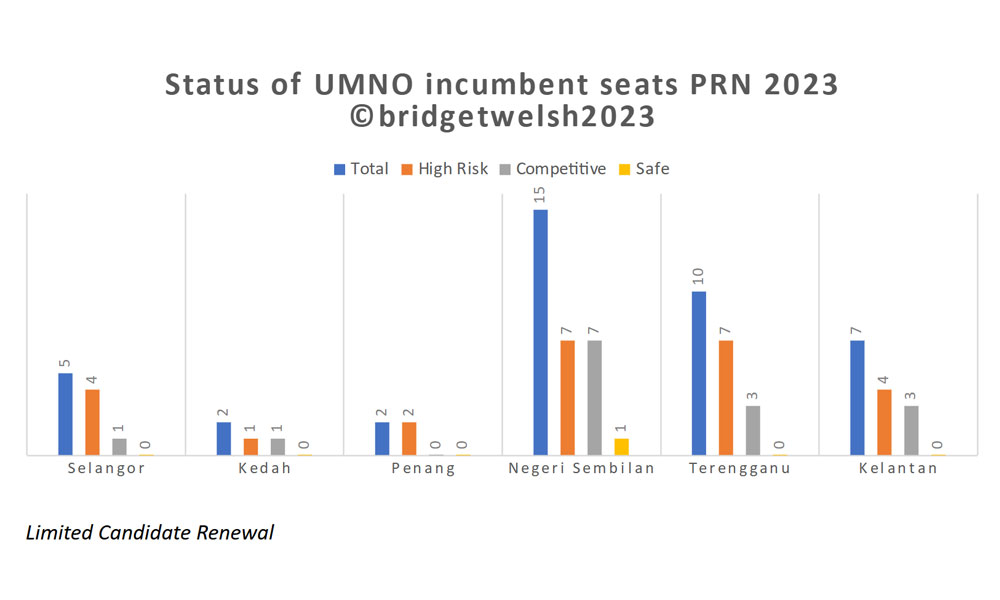
Umno announced a total of 107 candidates last night, with one more seat in Kedah pending candidate confirmation. Please note that the candidates are not final until nomination day.
My initial review of the candidates is based on a preliminary assessment based on the announcements and study of candidates slated in GE14 and GE15.
Of the candidates announced, the majority of these are new faces. Only 16 or 17 percent of those are incumbents, with another 8 or 9 percent recontesting in the same area (based on GE14/GE15 contests).
Umno is bringing in many new leaders, hoping to reconnect with the electorate. Many of these leaders occupy positions at the divisional levels, which are dominated by local warlords.
As such, the inclusiveness of the candidates is not as strong. What is striking is the few women slated, only 8 or 9 percent of the candidates. The majority of these are in Kedah, followed by Kelantan. No women are apparently being fielded by Umno in Selangor or Terengganu.
Among youth, the representation is also relatively low. In Kelantan, for example, three candidates were from the youth out of 31, which is 10 percent.
The limited representation will curb the appeal of the party among these key electoral groups.
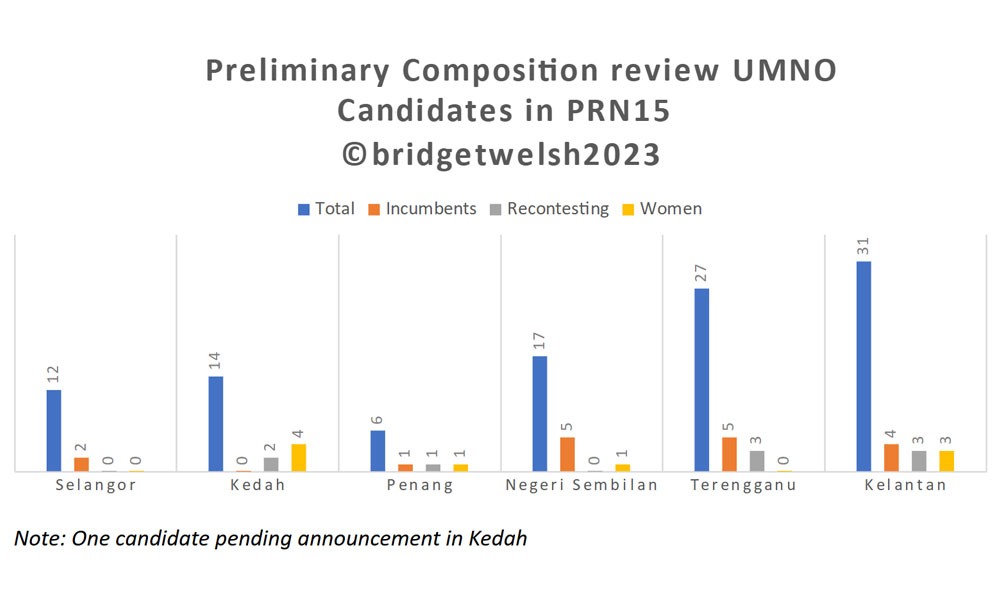
Nevertheless, the situation on the ground, while difficult, remains in flux for Umno. The official campaign has not started. The party’s machinery has started working, which is not the case for some other parties competing in these state polls.
The campaign has particularly started in Terengganu, where flags are waving across constituencies and outreach to core supporters has been ongoing.
Still committed, loyal party workers are awaiting financial support for the campaign. Many party workers know how hard the upcoming state elections are compared to earlier polls, with GE15 fresh in their memories.
If losses in the Malay heartland are significant and Umno cannot win in more multiethnic areas such as some seats in Selangor and Penang, if another decisive defeat by PN does in fact occur, the party will face not only the prospect of becoming only a regional party but real questions will be asked about its survival.
The state elections are thus a struggle not only for Umno but for the future of the party itself. - Mkini
BRIDGET WELSH is an honorary research associate of the University of Nottingham, Malaysia’s Asia Research Institute. She is also a senior research associate at the Hu Fu Centre for East Asia Democratic Studies and a senior associate fellow at The Habibie Centre. Her writings can be found at bridgetwelsh.com.
The views expressed here are those of the author/contributor and do not necessarily represent the views of MMKtT.




No comments:
Post a Comment
Note: Only a member of this blog may post a comment.